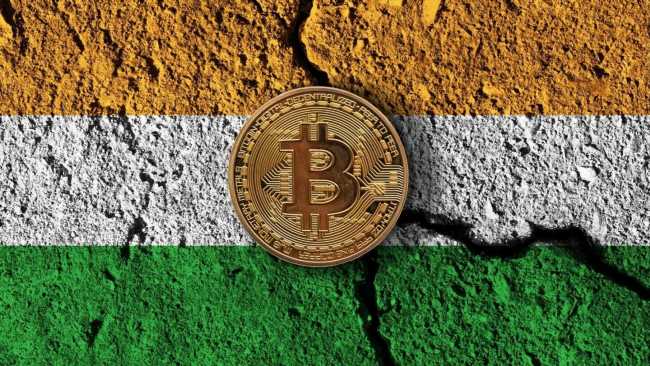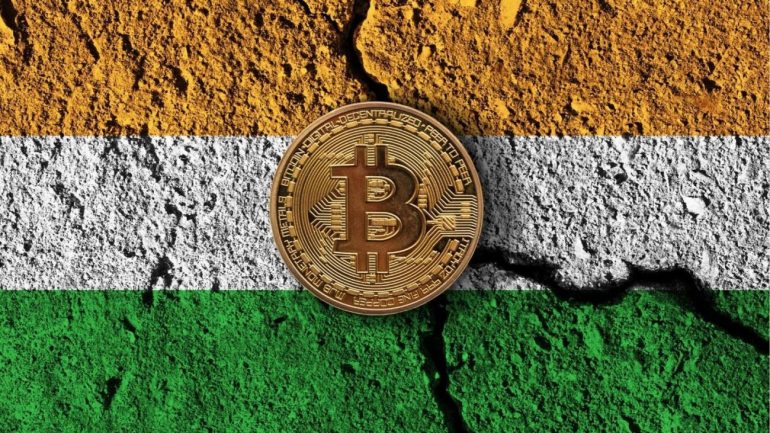DeFi Difficult to Regulate Because of Its Anonymity: Indian Central Bank
- India’s central bank governor Shaktikanta Das said that DeFi is difficult to regulate because of its anonymity.
- Das made the remarks during a business summit, also calling for global coordination.
- India is waiting on a consensus on how to regulate crypto globally before going forward with regulation.
Shaktikanta Das, the Governor of India’s Reserve Bank of India, made a statement on the DeFi market, saying it poses a challenge because of its anonymity. The central bank governor was speaking at the BFSI summit in Mumbai, and he said that traditional approaches would not be effective.
Das has spoken about his dislike for the crypto asset class, saying that they pose risks and threats to the existing financial system. In his speech, he said,
“DeFi poses unique challenge to regulators, as its anonymity, lack of a centralized governance body, and legal uncertainties can make the traditional approach to regulation ineffective.”
The RBI has also made its issues with regulating the crypto space known, having previously talked about the difficulty of regulating such a novel asset class. Currently, the asset class is allowed to function, but is taxed highly and not considered as legal tender. The changes brought about by the Indian government have led to a sharp decline in crypto trading volumes.
The taxation rules on cryptocurrency are only the first step that the RBI and other regulatory bodies in the country are taking in the race to regulate crypto. More regulation is expected soon, and India is waiting on more global consensus before implementing measures.
Blockchain Regulation Requires Global Coordination
India has said in the past that it wants global coordination on the matter of cryptocurrency regulation. This is understandable, as crypto knows no borders and there cannot be an effective system in place unless governments collaborate. Other countries like the United States and the United Kingdom are only in the early stages of forming broad regulation, but this could help India arrive at a decision.
Das also said during the speech that a “globally collaborated and regulated approach” and “inter-regulatory coordination to enable comprehensive assessment” of the crypto market was necessary. The RBI will also publish a guideline on digital ending in the near future.
Meanwhile, India is working on its central bank digital currency (CBDC), which it is keen to leverage in a country that is very tech-savvy. At the moment, India seems satisfied with letting crypto operate, but will not tolerate any activities that risk consumer protection and AML laws.
Source: Read Full Article




